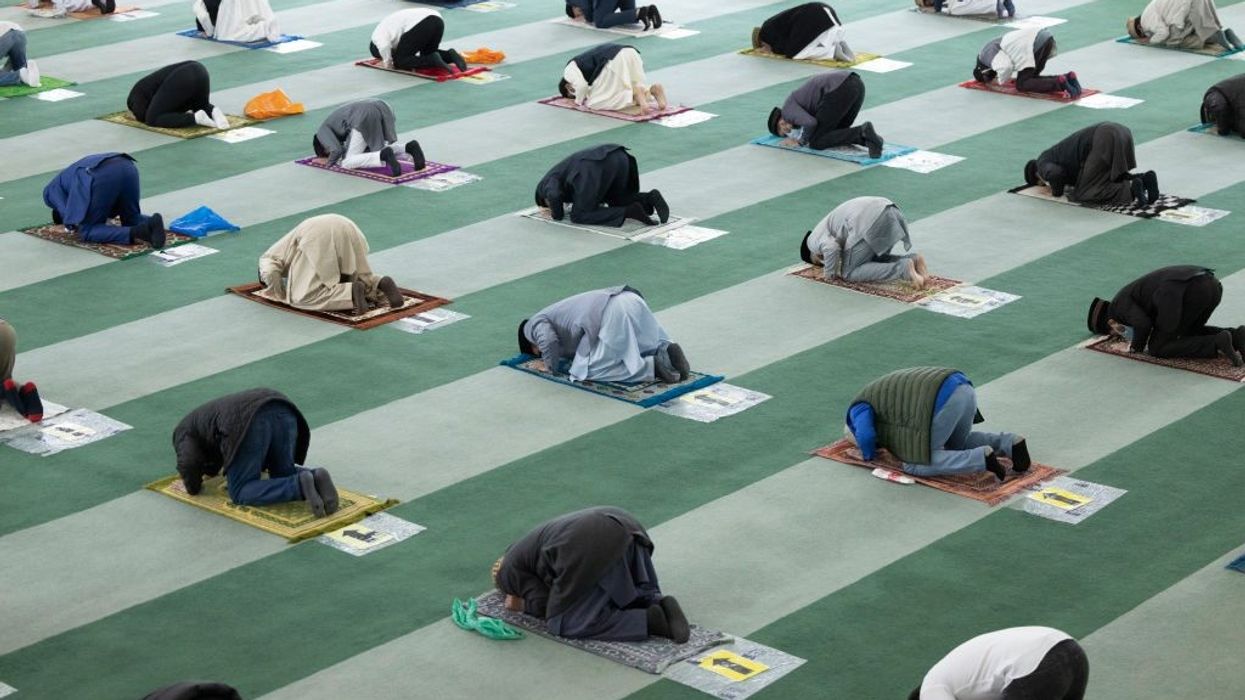CHARITIES in the UK have said that many Muslim families struggled to afford food to break their fasts during Ramadan, according to a report.
The charity Trussell Trust, which runs more than half of UK food banks, handed out 2.1 million food parcels in 2021-22 - of which more than 830,000 went to children, reported the BBC.
This Ramadan is the first in two years in which Muslims have been able to break their fasts with others. During Ramadan, Muslims eat twice a day - once before the sun rises, and once when the sun sets.
In the evening, they are encouraged to eat iftar dinners with extended family, friends and members of their community.
According to the report, many families have been struggling to feed their immediate families - making hosting larger iftar dinners particularly difficult.
"If it wasn't for food banks, I would not have any food to open my fast, apart from water, some days. Using the food bank helps us save at least £100 a week, which we can put towards other essential items," Arshi Begum, who lives in East Ham, in east London, with her husband and six-month-old son, told the BBC.
She regularly uses her local food bank to get staples as well as milk and nappies for their baby. Arshi and her husband had to move out of their own home and are currently living in shared accommodation.
"Last Ramadan, we were living in our own home and we had three courses for [our iftar dinner]. That is just a dream now," she was quoted as saying by the broadcaster.
Several local charities have revealed that their services have seen a rise in demand in Muslim users this Ramadan.
The National Zakat Foundation, which distributes zakat - a charitable donation Muslims must make each year - to Muslims in need across the UK, said it had received 1,746 applications for assistance this Ramadan, compared with 1,053 this time last year.
The charity Islamic Relief has reported a similar demand for its services, with essentials such as meat, rice and flour being provided to Muslim families.
Rifhat Malik, from Leeds-based charity, Give a Gift, said this year's holy month is the busiest she has seen.
"We are running four emergency food hubs parallel to each other and we have been delivering over 200 Ramadan food packs weekly," she told the BBC.
Berlin Mirre and her five children, aged between two and 14, are among those to benefit from Give a Gift's support.
Mirre said she has struggled to make ends meet as everyday prices have continued to rise.
A government spokesperson told the BBC: "While we can't shield everyone from the global challenges we face, we're supporting families to navigate the months ahead with a £22 billion package of support this financial year."
Labour's Anneliese Dodds, shadow secretary of state for women and equalities, has said that it is a tragedy that many Muslim families are struggling this Ramadan to put enough food on the table for their iftar.
"Labour is calling for an emergency budget to tackle the cost of living crisis, with a windfall tax on oil and gas companies to cut up to £600 off bills for families," she was quoted as saying by the media outlet.














